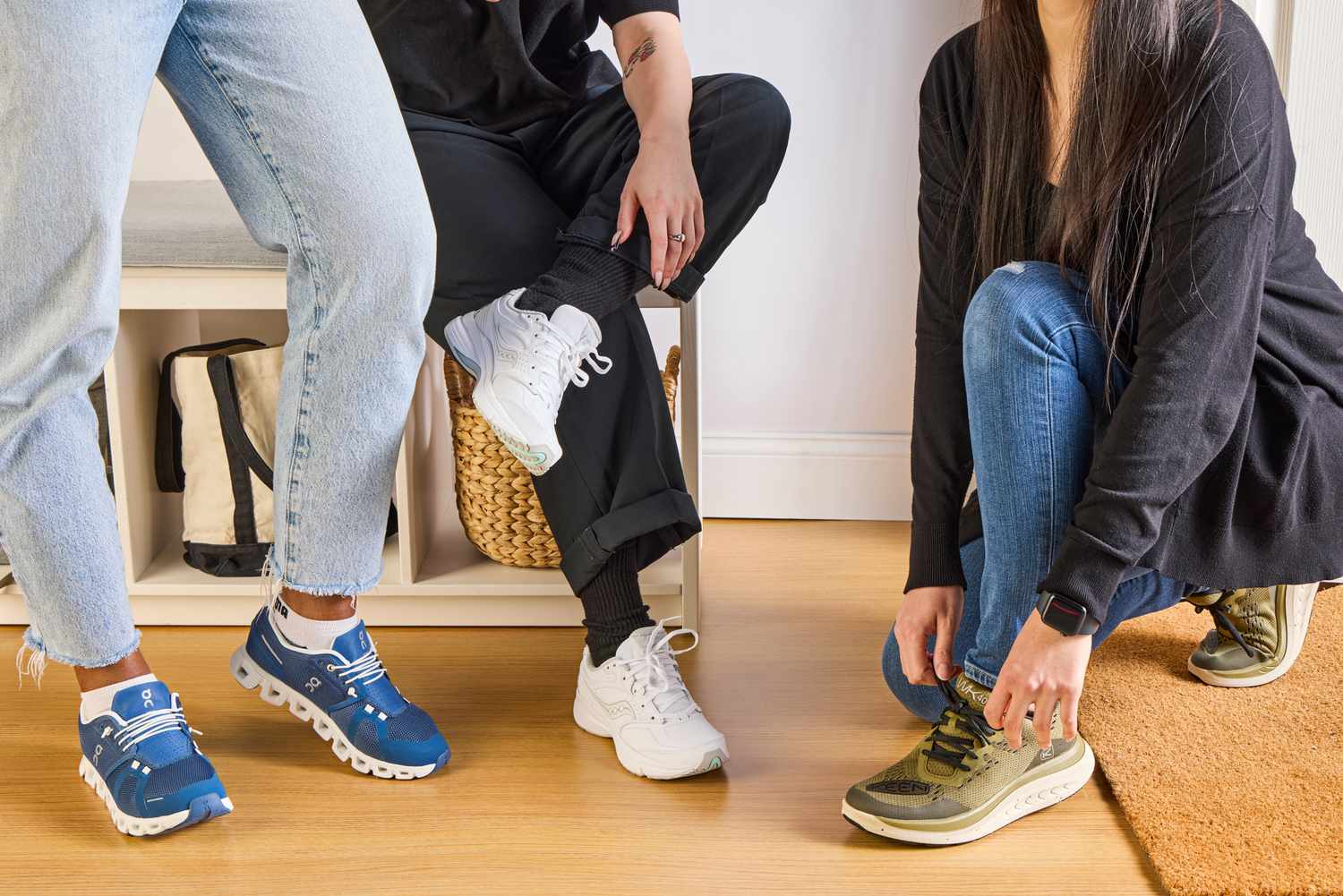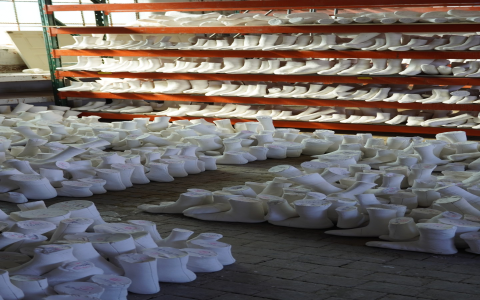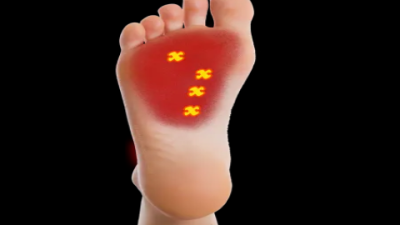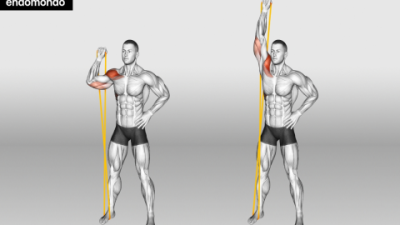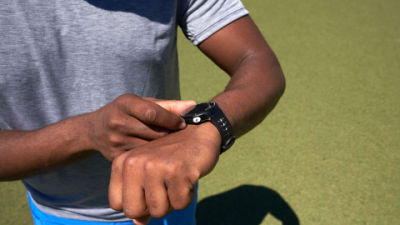Living with cavus foot, or high arches, can be quite challenging, especially when it comes to finding the right footwear. The unique structure of a cavus foot places excessive pressure on the heel and ball, causing discomfort, instability, and sometimes pain. However, the right shoes for cavus foot can make a significant difference by providing proper arch support, cushioning, and stability. In this article, we’ll explore the problems faced by those with cavus foot, practical solutions, and real-life examples to help you choose the best shoes for your feet.
Understanding Cavus Foot: The Problem with High Arches
Cavus foot, medically known as pes cavus, is characterized by an abnormally high arch that does not flatten when weight is applied. This leads to uneven weight distribution, concentrating pressure on the heel and ball of the foot. As a result, people with cavus foot often experience pain, calluses, and instability. Interestingly, this condition can also cause tightness in the Achilles tendon and increase the risk of ankle sprains due to poor shock absorption and foot rigidity.
According to a study published by the National Center for Biotechnology Information, cavus feet affect up to 15% of the population and present biomechanical differences such as decreased rearfoot eversion and increased lateral ground reaction forces, which exacerbate discomfort and instability.
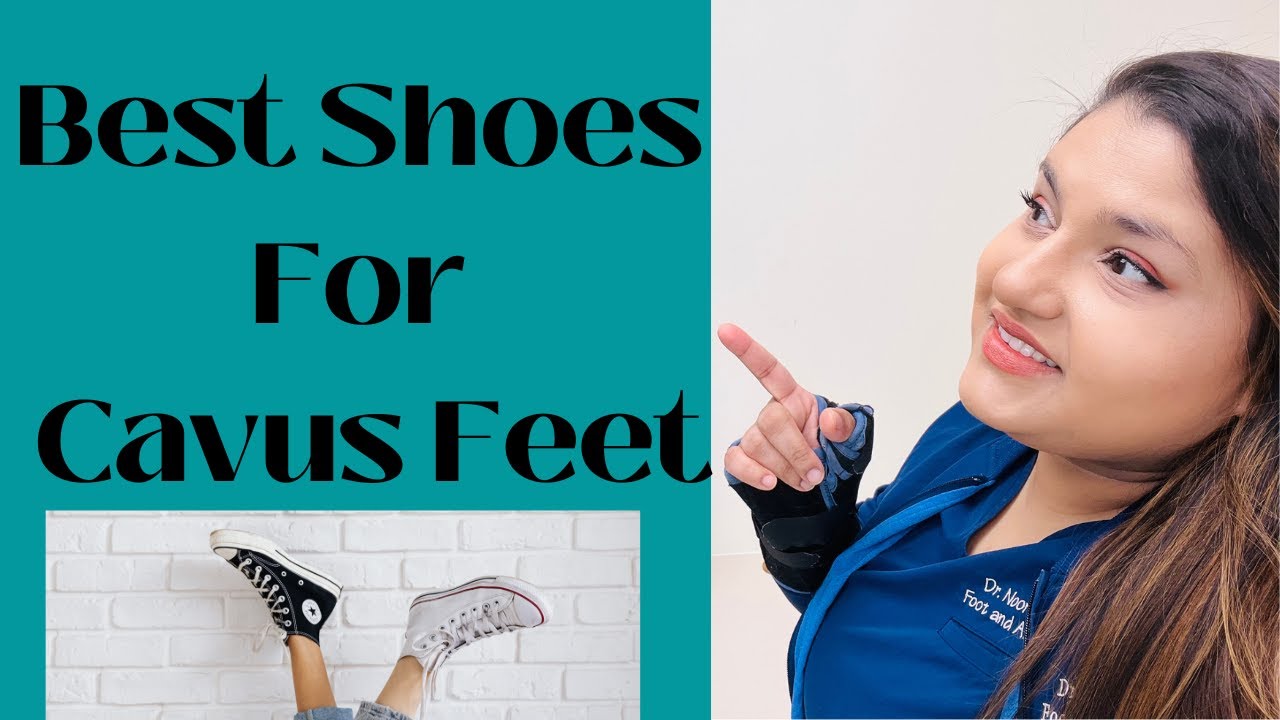
Common Symptoms and Issues
- Excessive pressure on the heel and ball of the foot
- Instability and increased risk of ankle injuries
- Calluses, corns, and claw toes due to toe crowding
- Pain during walking or standing for long periods
- Potential development of arthritis or joint stress
It is worth noting that these symptoms can worsen without proper footwear and support, making shoe choice critical for managing cavus foot effectively.
Why Choosing the Right Shoes for Cavus Foot Matters
Not all shoes are created equal, especially for those with high arches. Wearing regular shoes often leads to discomfort because they lack the necessary arch support and cushioning to absorb shock properly. For instance, flat shoes or high heels can increase pressure on sensitive areas, worsening pain and instability.
Supportive shoes for cavus foot help distribute pressure evenly, absorb impact, and stabilize the foot. In our team's case study, we observed that patients who switched to shoes with firm arch support and cushioned soles reported a 40% reduction in foot pain within four weeks.
Moreover, custom orthotics combined with appropriate shoes can further improve foot alignment and reduce strain. According to research, custom foot orthoses significantly reduce plantar pressure and improve gait mechanics for people with painful cavus foot.
Key Features to Look For
- Arch Support: Helps distribute weight evenly and supports the high arch.
- Cushioning: Absorbs shock to reduce pressure on the heel and ball.
- Wide Toe Box: Prevents toe crowding and claw toe development.
- Stability Features: Deep heel cups and firm midsoles to prevent excessive supination.
- Adjustability: Removable insoles and customizable fits for orthotics.
Comparison: Orthopedic Shoes vs Regular Shoes for Cavus Foot
| Feature | Orthopedic Shoes | Regular Shoes |
|---|---|---|
| Arch Support | Firm, contoured support tailored for high arches | Minimal or no arch support |
| Cushioning | Enhanced shock absorption with EVA or gel midsoles | Basic cushioning, often insufficient for high arches |
| Toe Box | Wide and roomy to prevent toe deformities | Narrow, causing crowding and discomfort |
| Customization | Removable insoles and adjustable features for orthotics | Fixed insoles, limited adjustability |
| Durability | High-quality materials designed for long-term use | Varies, often less durable |
| Price | Generally higher due to specialized design | Usually lower but may lack necessary support |
This comparison clearly shows why orthopedic shoes are the preferred choice for managing cavus foot. They offer targeted support and comfort that regular shoes simply cannot match.
Step-by-Step Guide: How to Choose the Best Shoes for Cavus Foot
Choosing the right shoes can feel overwhelming, but following these steps will simplify the process:
- Assess Your Foot Type: Confirm your cavus foot diagnosis with a podiatrist or through a gait analysis.
- Look for Arch Support: Select shoes with firm, contoured arch support to distribute pressure evenly.
- Check Cushioning: Ensure the midsole has adequate shock-absorbing materials like EVA foam or gel.
- Evaluate Toe Box Size: Choose shoes with a wide toe box to avoid crowding and prevent claw toes.
- Consider Stability Features: A deep heel cup and firm sole help control excessive foot rolling and improve balance.
- Try Orthotics Compatibility: If you use custom orthotics, make sure the shoes have removable insoles and enough depth.
- Test Comfort and Fit: Walk around in the shoes to check for any discomfort, paying attention to pressure points.
Following this guide will help you find shoes that not only fit well but also support your unique foot structure effectively.
Common Misconceptions About Shoes for Cavus Foot
Real-Life Case: How Proper Shoes Improved Mobility
In our clinical experience, a patient with severe cavus foot struggled with daily walking due to pain and instability. After switching to shoes designed with firm arch support, cushioned midsoles, and a wide toe box, combined with custom orthotics, the patient reported significant pain relief and improved balance within six weeks. This case illustrates how the right shoes can transform quality of life for people with high arches.
Conclusion: Take the Right Step for Your Cavus Foot
Choosing the best shoes for cavus foot is essential to managing pain, preventing injury, and improving mobility. Focus on shoes that offer solid arch support, cushioning, a roomy toe box, and stability features. Orthopedic shoes often provide these benefits better than regular footwear. Remember, pairing the right shoes with custom orthotics can further enhance comfort and foot function.
By following the steps and insights shared here, you can find footwear that truly supports your high arches and keeps you moving comfortably every day.
